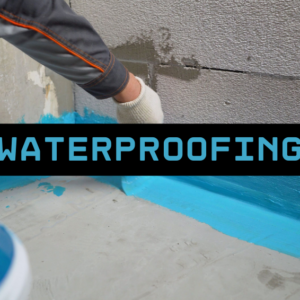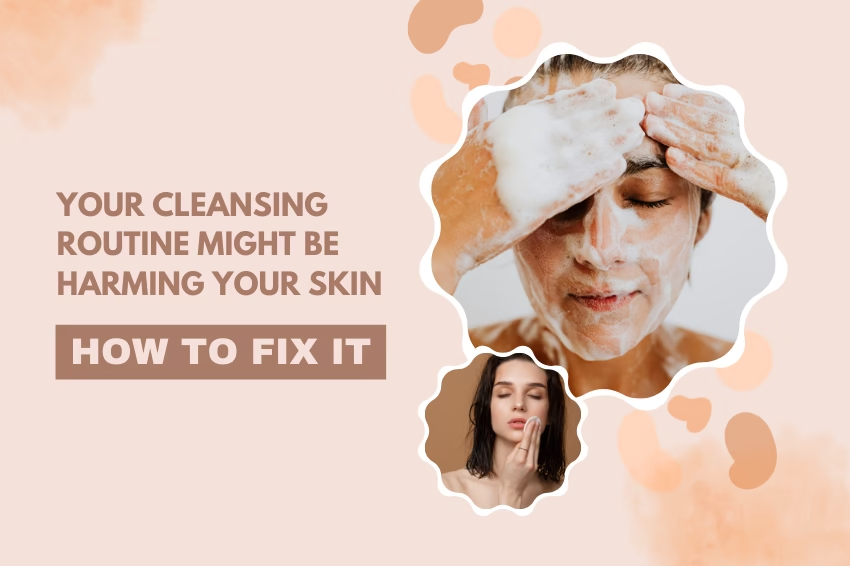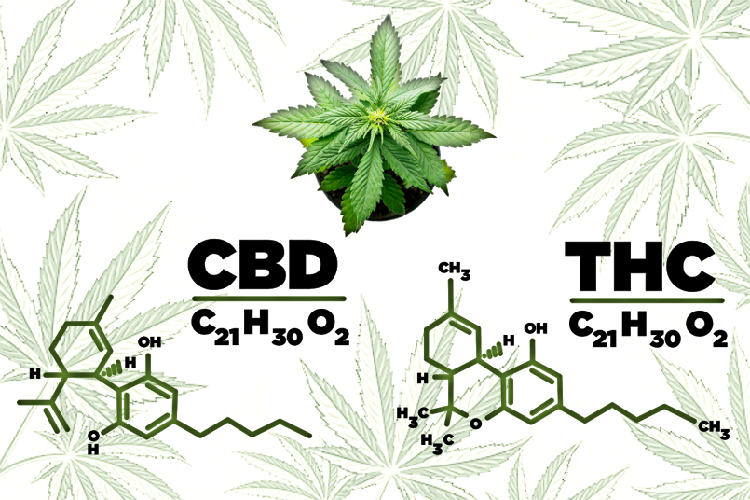Do you have a close friend who ignores your boundaries, drains you, or refuses to take responsibility for their actions? Does it feel like you attract those kinds of friends?
You may have a friend who attacks you over little things, spewing anger and venom at you, then five minutes later asks for a hug and pretends that nothing happened. You might wonder how someone who claims to love you and calls you their best friend can be so hot and cold, going between verbal or even physical abuse to happy and affectionate, so often that it makes you wonder if they are really your friend. This type of behavior can fall under the term “trauma bonding,” which is a cycle of manipulative behavior that is emotional abuse.
What is trauma bonding?
When you think of the term “trauma bonding,” you may think that it is finding friends who have similar traumatic experiences who you can connect more easily with because they truly understand you. This can be a great and healthy type of friendship that can help you heal. However, that is not the type of trauma bonding friendship that we are talking about. The type of trauma bonding friendship is unhealthy and highly dysfunctional.
Trauma bonding is a cycle of abuse that has some sprinklings of being saved by that person. Your friend may attack you, gaslight you, manipulate you, or emotionally abuse you. Then they build you up and “save” you, giving you just enough to feel happy, and then they rip it all away again.
A good way to look at it is when you are sitting in front of a slot machine in a casino. You keep losing, then randomly win a few dollars before losing more, then winning again. The rush of winning makes you want to keep trying to win again.
When you suffer from trauma, especially when it comes from a toxic person in your childhood or early adulthood, you might end up falling into this cycle of having trauma bonded friendships, because “they will finally love me for me” or “this time will be different,” or “they can change.” Many people will end up repeating this cycle over and over in life with friends and romantic relationships. They might even think it is their fault they keep attracting these toxic people.
Trauma can change your brain, so your brain ends up being hardwired to befriend these toxic people and continue the cycle because next time “will be different.” You may not fully understand why you keep coming back to the person you are trauma bonded to, and you feel like you cannot live without them. They seem like such an amazing friend, even though they are not, and it is genuinely difficult to walk away from them.
PTSD and Trauma Bonding
If you have been through a traumatic experience and have post-traumatic stress disorder (PTSD), this can make a trauma bonded friendship harder to break free of. PTSD can make you distrust others, so you might become suspicious of anyone who points out the issues with your trauma bonded relationship. If someone suggests you leave the relationship, it can actually add trauma to you because your PTSD makes you think that you genuinely need this relationship. You may end up shutting out someone who does not support your relationship because you have to defend the person you are trauma bonded to. This helps your abuser because you are isolating yourself from a support system.
Identifying a Trauma Bonded Friendship
It is not easy to realize at the moment how toxic a relationship can be, but when you look back on it, you might notice some red flags you thought were just them being affectionate. For example, the beginning of a trauma bonded friendship might start with them “love bombing” you. They flatter you a lot, talking about how skillful and talented you are, what an interesting life you have, your fashion sense, and more. It feels good to have someone compliment you a lot, and it seems genuine.
Slowly, once this person has wormed their way into your life, things begin to change. They might start making passive aggressive comments about your lifestyle choices or behavior. They might start criticizing your romantic relationships, making you wonder if you should break up with your partner.
Essentially, they will rush to put you on a pedestal, then hurry to knock you down. They stop supporting you and being kind. Suddenly, they are the victim in any situation and are morally superior to everyone. Of course, they will also sometimes build you up again so they can knock you down.
In between the periods of abuse and manipulation, there are good memories with this person, fun you had, a shoulder to lean on, inside jokes, and more. That makes it harder to break free of these types of friendships since they act “good to me” when they are in the stage of building you up.
You Feel Trapped
You might want to leave your friendship, and you feel like it is what is best for you, but when you start to think seriously about following through, you feel an intense emotional connection to them. People often return to a toxic relationship and feel stuck in it, both romantic and not. If you feel like you just cannot leave, you might be in a trauma bonded friendship.
You Compromise Your Needs and Feelings
Do you feel like you need to hide your feelings and be careful about what you say to your friend? Then you are probably in a toxic, trauma bonded friendship with them. You may also find yourself self-sabotaging or compromising your needs or beliefs just to make your friend happy. This might mean you are engaging in a behavior that you would not normally do, or do something risky simply to please the friend.
Your Family and Friends Urge You to Walk Away
When you talk to your friends and family about this friend, they may express concern about how this friend is treating you. You may feel like you need to defend your friend and might say that they just do not understand this person.
Other Signs of a Trauma Bonded Friendship
You might be in a trauma bonding friendship if this friend:
- Guilt trips you into always doing what they want.
- Never show up for you.
- Ignores any problems in your friendship.
- Do not ask about your life.
- Does not, or rarely does, own up to hurting you.
- Does not apologize when they do something wrong.
- Does not take accountability for their actions.
- Hurts you, apologizes, and hurts you again.
- Manipulates you into giving them things.
- Gets defensive when called out.
- Makes you feel uncomfortable.
- Calls you names.
- Says knowingly hurtful things.
- Expects you to go the extra mile but never reciprocates.
- Talks down to you.
- Never admits they are wrong.
- Criticizes you.
- Finds problems with your real friends and family, isolating you from them.
- Only bonds with you when partying, drinking, or using drugs.
Another sign that you are in a trauma bonded friendship is that you read all of this and you feel a pit in your stomach, but you still want to defend that person.
Breaking Free of a Trauma Bonded Friendship
Once you accept that a friendship you are in is toxic, it is important for your mental health to break free of the relationship. You can try to set firm and clear boundaries with this person, but they typically ignore any boundaries you set, so this can be difficult to maintain.
Keep in mind that they will say anything to keep you from walking away from them. Cutting ties with anyone is difficult, but leaving a trauma bonded friendship is harder than most. These tips can help:
- Prepare beforehand.
- Write a list of why you think your friendship is not working so you do not get tongue-tied in the moment.
- Be ready to handle gaslighting from them.
- Be honest.
- Stay firm and stand your ground.
- If possible, have backup with you, like a true friend.
Ending a trauma bond can leave you feeling broken in the aftermath because trauma bonding is indeed traumatic, and trauma rewires your brain. It can be just as draining to break through your trauma bond as it can be to recover from a traumatic injury.
Tips for After You Break Free
Once you have broken free of your trauma bonded friendship, there is going to be a stressful adjustment period for you. These tips can help you move on after you end the friendship.
Make a Clean Break
Go completely no contact with this friend as soon as you end your friendship with them. Block their number on your phone and block them on all social media platforms so you cannot give into temptation and reach out to them, and they cannot get through to you to try to change your mind.
Allow Yourself to Grieve
Yes, the friendship was toxic and unhealthy, but you still lost someone who you cared about. Allow yourself some time to grieve this friendship and everything that came with it. It is going to hurt to let go, but it will be good for you in the long run. Remember, grief has no time limit.
Live in the Present
When you lose a person, either through death or going no contact because they were toxic, it can be easy to dwell on the “what could have been.” Try to push past that and focus on living in the present. Think about how much better you feel now, without them in your life, and focus on that.
Consider Seeing a Therapist
When you end a toxic, trauma bonded friendship, it can be hard to move past it. The cycle of trauma and abuse can be hard to work past and heal from, so seeing a professional is a good idea to help you heal.
Be Kind to Yourself
Healing is a journey, and it can take a while, so do not be too hard on yourself as you process what happened and work to move on. This is not going to happen overnight.
Do not beat yourself up about having been in that trauma bonded friendship; it is not your fault. Try to love yourself and give yourself positive self-talk. You are not a failure; you are human.
Take Care of Yourself
Self-care is an important part of your mental health and will help you heal. Have a spa day, take a bubble bath, read, or go for a hike; just choose something that you love to do and that makes you feel happy. If it is something that your toxic friend would drag you on or got you to stop doing because they did not like it, then you should especially consider getting back into it since they were the cause of you giving it up. Spending time doing things you love is a great way to heal your soul after cutting ties with someone toxic.
Final Thoughts
Trauma can lead someone to end up in a trauma bonded friendship or relationship with an abuser, which can intensify their trauma. Recovering from a trauma bond is difficult, so it is a good idea to seek help from a mental health professional. PTSD can make it even more difficult to escape a trauma bond, but it is possible to get out of these relationships with a little work.






